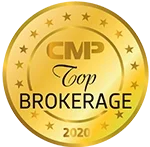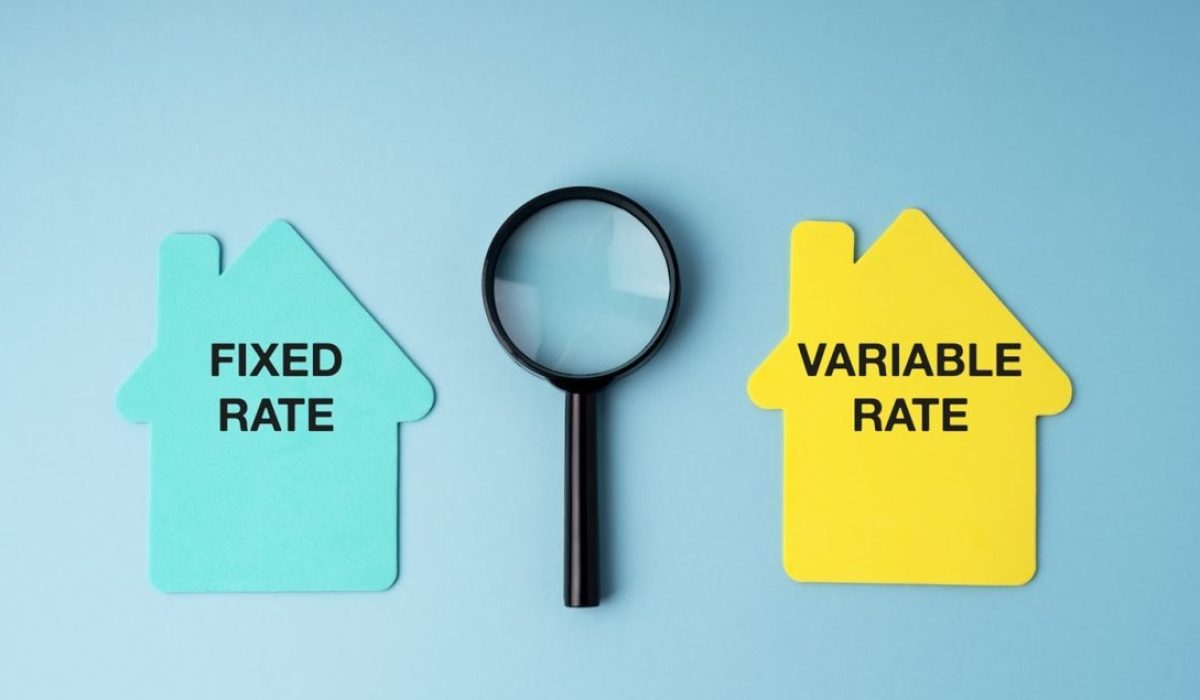Buying a home is one of the biggest financial decisions most Canadians will make and choosing the right mortgage type plays a major role in that journey. One of the first questions every homebuyer faces is whether to go with a fixed or variable mortgage rate.
Both options have their advantages and drawbacks, depending on your financial situation, goals, and tolerance for risk. In this blog, we’ll break down the differences between fixed and variable mortgage rates in Canada, explore their pros and cons, and help you make a confident, well-informed decision.
What Is a Mortgage Rate?
A mortgage rate is the interest you pay on your home loan. It determines how much your monthly payments will be and how much interest you’ll pay over the life of your mortgage.
In Canada, there are two main types of mortgage rates: fixed and variable. Let’s explore how they differ.
What Is a Fixed Mortgage Rate?
A fixed-rate mortgage means your interest rate and monthly payments remain the same for the entire term — typically 1 to 5 years, though longer terms are available.
This type of mortgage offers stability and predictability, which is ideal for homeowners who prefer consistent payments and want to avoid surprises from market fluctuations.
Pros of Fixed Mortgage Rates:
- Predictable Payments: Your rate and payment amount stay constant, making budgeting easier.
- Protection from Rate Increases: Even if the Bank of Canada raises interest rates, your mortgage payments won’t change during your term.
- Peace of Mind: It’s perfect for those who value financial certainty and want to avoid risk.
Cons of Fixed Mortgage Rates:
- Higher Initial Rate: Fixed rates are usually higher than variable rates at the time of signing.
- Limited Flexibility: Breaking your fixed-rate mortgage early can result in higher penalties compared to variable mortgages.
- Potentially Missed Savings: If rates drop during your term, you won’t benefit from the lower market rate unless you refinance.
What Is a Variable Mortgage Rate?
A variable-rate mortgage (also called an adjustable-rate mortgage) fluctuates with the lender’s prime rate, which is influenced by the Bank of Canada’s overnight rate.
When interest rates go down, your mortgage rate and sometimes your monthly payment may decrease. When rates go up, your costs rise accordingly.
Also read: What Credit Score Do You Need to Qualify for a Mortgage in Canada?
Pros of Variable Mortgage Rates:
- Lower Initial Rates: Variable rates are often lower than fixed rates at the start of the mortgage term.
- Potential Savings: If interest rates stay stable or decrease, you could pay less interest over time.
- Lower Penalties: If you break your mortgage early, penalties for variable-rate mortgages are typically smaller.
Cons of Variable Mortgage Rates:
- Uncertain Future Costs: Your rate can change, which may increase your monthly payments.
- Budgeting Challenges: The unpredictability can make long-term budgeting more difficult.
- Emotional Stress: Some homeowners find the uncertainty of changing payments stressful.
How Do Interest Rate Changes Affect You?
The Bank of Canada plays a key role in influencing mortgage rates. When inflation rises, the Bank may increase its policy interest rate to cool spending, which leads to higher variable mortgage rates. Conversely, when the economy slows down, the Bank might lower rates to encourage borrowing and investment.
For fixed mortgages, lenders base their rates on bond yields rather than the prime rate. When bond yields increase, fixed mortgage rates often follow suit.
In recent years, Canada has experienced a mix of rate hikes and slowdowns, making the choice between fixed and variable rates even more crucial for homebuyers.
Which Mortgage Type Is Better for You?
The “right” mortgage depends on your personal situation and financial priorities. Here’s a breakdown to help guide your decision:
Choose a Fixed Mortgage Rate If You:
- Prefer consistent monthly payments
- Have a tight budget and want payment stability
- Plan to stay in your home long-term
- Are risk-averse and don’t want to worry about rate changes
Choose a Variable Mortgage Rate If You:
- Are comfortable with some financial uncertainty
- Have flexibility in your budget to handle possible rate increases
- Believe interest rates will decrease or remain stable
- May refinance or pay off your mortgage early
Also read: How to Become Debt-Free in 2026
Real-Life Example: How It Can Affect Your Budget
Let’s imagine you’re purchasing a $600,000 home with a 20% down payment ($120,000) and need a $480,000 mortgage over a 25-year amortization period.
- Fixed Rate Example:
- 5-year fixed rate: 5.5%
- Monthly payment: $2,932
- Total interest over 5 years: ~$81,900
- Variable Rate Example:
- 5-year variable rate: 5.0% (starting)
- Monthly payment: $2,792 (initially)
- If rates stay the same, you save around $8,400 over 5 years.
- But if rates rise by 1%, your payment could increase by about $230/month.
This example shows that while variable rates can offer savings, they also carry the risk of higher payments if the market shifts.
Blended and Hybrid Mortgages: A Middle Ground
If you’re torn between stability and potential savings, a hybrid mortgage might be the best of both worlds.
A hybrid mortgage splits your loan into two portions — one with a fixed rate and one with a variable rate. This approach gives you partial protection against rising rates while still allowing you to benefit if rates drop.
However, not all lenders offer hybrid options, so it’s essential to speak with a qualified mortgage professional.
Expert Tip: Get Professional Mortgage Advice
Before deciding between fixed and variable mortgage rates, talk to a licensed mortgage broker or advisor who understands the market. They can assess your financial goals, review your credit profile, and recommend the most suitable option — sometimes even negotiating better rates on your behalf.
We can help you compare lenders, calculate potential savings, and ensure you’re getting the best deal for your situation.
Final Thoughts
Choosing between a fixed or variable mortgage rate is not just about numbers — it’s about your comfort level with risk and your long-term financial plan.
- If you value certainty, go with a fixed rate.
- If you’re willing to take on some risk for the potential of lower costs, a variable rate might work better.
No matter which you choose, understanding how each option works will help you make a decision that fits your lifestyle, budget, and goals as a Canadian homeowner.




